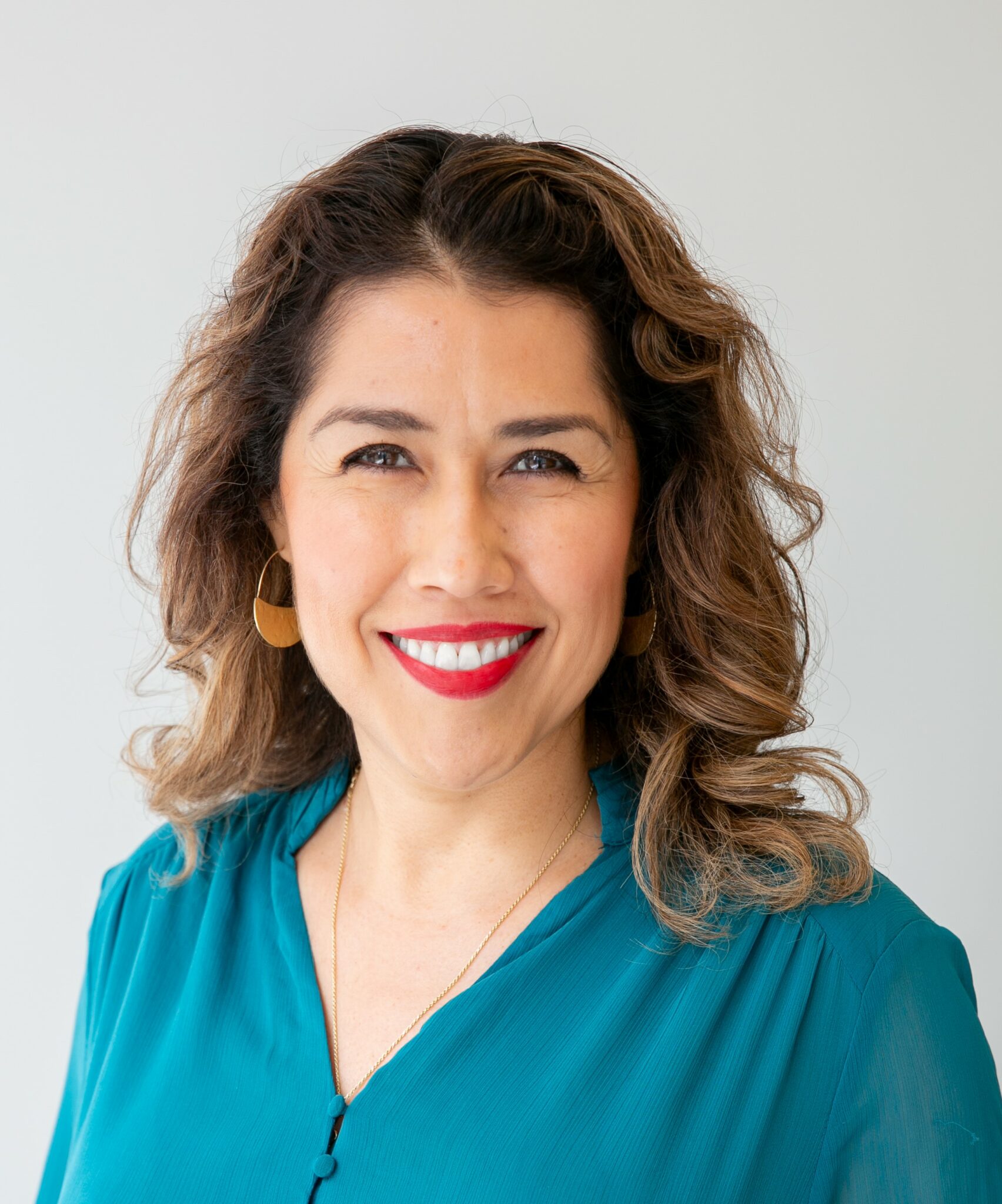The nursing profession encompasses many specialties and philosophies. At the heart of this field, however, lies a strong desire to provide patients with a high standard of care and limit suffering. This goal has always been evident in the specialty of holistic nursing, a field which recognizes each patient as a whole person and deserving of empathy and respect.
As an increasingly prominent branch of nursing, the holistic approach has grown significantly in the last few years—and now that conventional health care providers recognize its value, holistic nursing holds a strong future.
What Is Holistic Nursing?
The American Holistic Nurses Association (AHNA) defines holistic nursing as all nursing practices that emphasize “healing the whole person as its goal.” This is not merely a practice, however, but a philosophy that underscores every moment on the job.
By integrating qualities such as self-care, spirituality, and reflection, holistic nurses achieve, as the AHNA claims, “greater awareness of the interconnectedness of self, others, nature, spirit, and relationship with the global community.”
Holistic nursing is also an officially designated health care specialty recognized by the American Nurses Association (ANA). It holds a clearly defined scope of practice, as well as detailed standards of care. The field is backed by a vast body of research and requires aspiring holistic nurses to undergo extensive training.
What Do Holistic Nurses Do?
No two days look exactly alike for the holistic nurse—and therein lies the appeal of this unique health care track. Holistic nurses appreciate the variety of challenges and opportunities their work presents. And they enjoy working closely with patients to provide the best combination of therapies available.
While holistic nurse job duties can vary based on the facility, available equipment, and the specific patients served, the following tasks and responsibilities are common:
- Assessing patients by recording vitals, discussing personal and family health history and ordering lab tests
- Consulting with or referring patients to both traditional and holistic health care professionals—MDs, holistic nurse practitioners, physical therapists and other experts
- Educating patients about a variety of treatment options, including both conventional Western solutions and alternative options
- Instructing patients on stress management techniques and healthy living principles, such as nutrition, exercise, meditation and more
- Following up with patients to determine whether long-term health and wellness practices are promoting positive outcomes
A Brief History of Holistic Nursing
While some skeptics think of holistic nursing as a recent trend in health care, it’s far from new. In reality, Western nursing’s origins involve holistic principles, with early nurses relying on natural remedies and therapies to treat patients. Hundreds of years ago, nurses focused on treating the whole person, placing a special emphasis on lifestyle and environment.
Even Florence Nightingale—the founder of modern nursing—claimed that medicine accomplished nothing more than removing obstructions, while nature was responsible for genuine healing. Thus, she believed that it was the nurse’s job to “put the patient in the best condition for nature to act upon him.”
Despite the prevalence of holistic principles in early nursing, these were largely abandoned after the mid-1900s. Frustrated by an inability to provide the quality of care that their patients deserved, nearly three dozen nurses from across the country gathered to form the American Holistic Nurses Association in 1981. Since then, the organization has grown significantly as has an appreciation for all that holistic nursing entails.
Are you interested in becoming a holistic nursing professional?
Visit the links below to explore our holistic nursing programs:
What Are the Differences Between Holistic Nursing and Traditional Nursing?
Holistic and traditional Western nursing hold many similarities, including the basic mission to care for and educate patients on wellbeing. How they achieve that goal, however, differs. Holistic nurses utilize conventional treatment methodologies, but they also incorporate alternative options such as wellness coaching, massage, hydrotherapy and acupuncture.
Holistic nurses focus not only on addressing immediate physical health issues but also attending to issues involving the mind, spirit, and environment. No matter the types of treatments they provide, they aim to care for the whole person rather than exclusively handle a specific malady.
Like many nursing niches and specialties, holistic nursing offers the opportunity for certification. Registered nurses and family nurse practitioners can become certified by passing an exam offered by the American Holistic Nurses Credentialing Corporation (AHNCC).
Benefits and Disadvantages of Holistic Nursing for Patients
While holistic nursing offers clear benefits to professionals who are eager to harness a wider variety of treatment methodologies, this approach also holds a lot of promise for patients. Key benefits include:
1. The Relief of Alternate Options
Patients who do not respond to conventional medications, surgeries, or other treatments may find relief in alternative options. Even if alternative treatments offer only temporary relief rather than a permanent cure, they can deliver the comfort and emotional healing patients deserve.
2. Compassion and Respect
Many patients appreciate the respect and compassion that holistic nurses bring to every interaction. This gives them greater confidence in taking their long-term health into their own hands and pursuing lifestyle adjustments that can lead to significant improvements in personal wellness.
3. Less Anxiety
Some patients feel anxious about visiting health care facilities. Holistic nursing practices can ease these feelings, making patients more receptive to both conventional and alternative treatments.
In spite of the numerous advantages of holistic nursing, this approach also possesses a few challenges worth noting, such as:
1. Follow Through
Some patients are only interested in the alternative aspects of health care and may not be willing to follow through on conventional solutions, even when advised and prescribed by holistic nurses or holistic nurse practitioners.
2. Skepticism Despite Evidence
Other patients remain skeptical of holistic nursing despite the extensive research validating its benefits within the greater health care profession. Likewise, some nurses and doctors still undervalue holistic nurses and their specialized expertise. This can make it difficult to achieve the streamlined, cohesive care that patients require.
3. Limited Access
Not all patients enjoy easy access to holistic care. While this specialty is growing quickly, its scope remains limited. Some patients may struggle to find certified holistic nurses in their region.
Holistic Nursing Career Outlook
The field of health care enjoys a positive outlook in general, especially as the Baby Boomer generation ages and requires more attentive care. It should come as no surprise, then, that jobs for nurses—and especially holistic nurses—are expected to remain plentiful in the next few years.
The Bureau of Labor Statistics (BLS) highlights a job outlook of 7 percent for RNs in general, but faster growth in outpatient centers and ambulatory care settings, where holistic nurses are often based.
Due to the strong demand for qualified holistic nurses, wage growth will be excellent in the near future. As with traditional nursing, pay varies based on the level of education and previous job experience. In 2019, the median wages for an RN—the level of practice pursued by most holistic nurses—were $73,300 per year. Many RNs who specialize in holistic nursing approach or even exceed six figures in annual earnings.
How Do I Know if Holistic Nursing Is Right for Me?
As you determine whether holistic nursing represents the best path forward in your health care career, ask yourself the following questions:
• What is my philosophy of nursing? How will spirituality play into my future work as a nurse?
• Can I commit to the extra training required to secure necessary credentials to practice holistic nursing?
• Am I willing to keep up with research and quickly evolving treatment methods—including both conventional and alternative practices?
• How comfortable am I with encouraging or prescribing alternative treatments?
• How do I intend to interact with patients? How will I handle the emotional components of these relationships?
• How will I handle skepticism or critiques from health care providers who do not embrace holistic nursing?
Holistic nursing, alongside roles like the naturopathic nurse practitioner, is a promising field that could revolutionize health care as we know it. Don’t miss the opportunity to make a real difference in patients’ lives.
If you are interested in learning more about the holistic nursing programs offered at Pacific College of Health and Science, visit admissions or contact us today.
Featured Posts:
- Patients Are Demanding Holistic Healing and Healthcare Needs to Catch Up
- What Is Alternative Medicine?
- Carla Mariano Inducted into Global Academy of Holistic Nursing
- Holistic Nursing: Fulfilling the Nurse as Well as the Patient
- Pacific College of Oriental Medicine Launches Bachelor’s in Holistic Nursing

